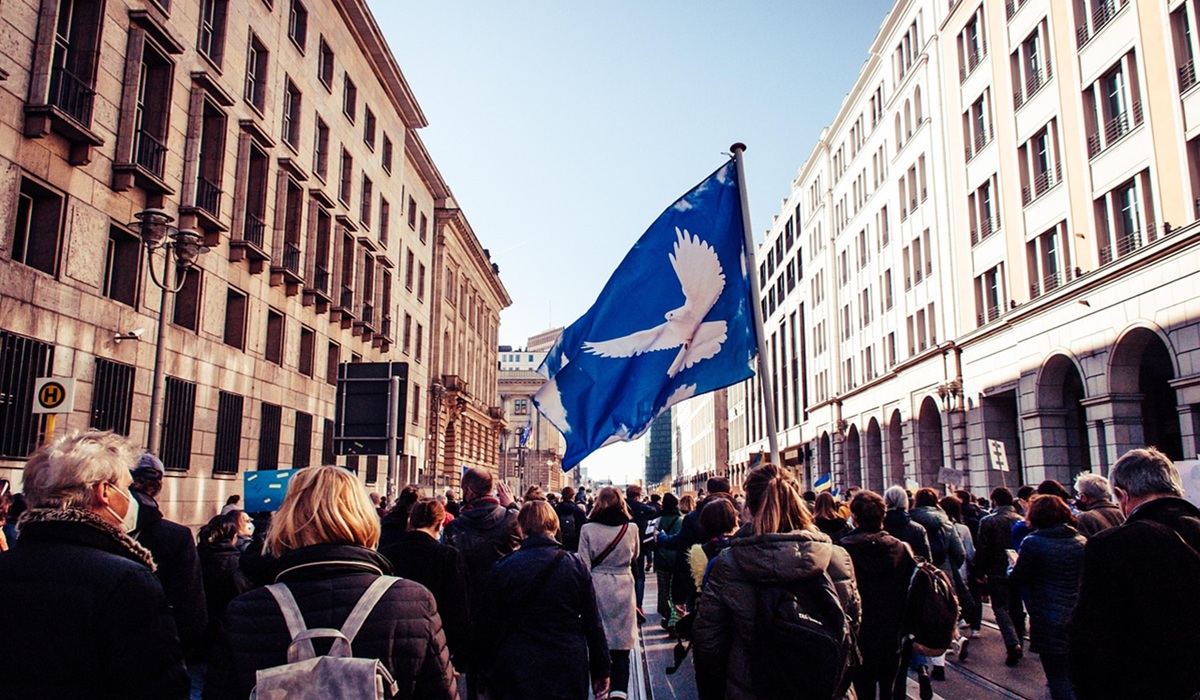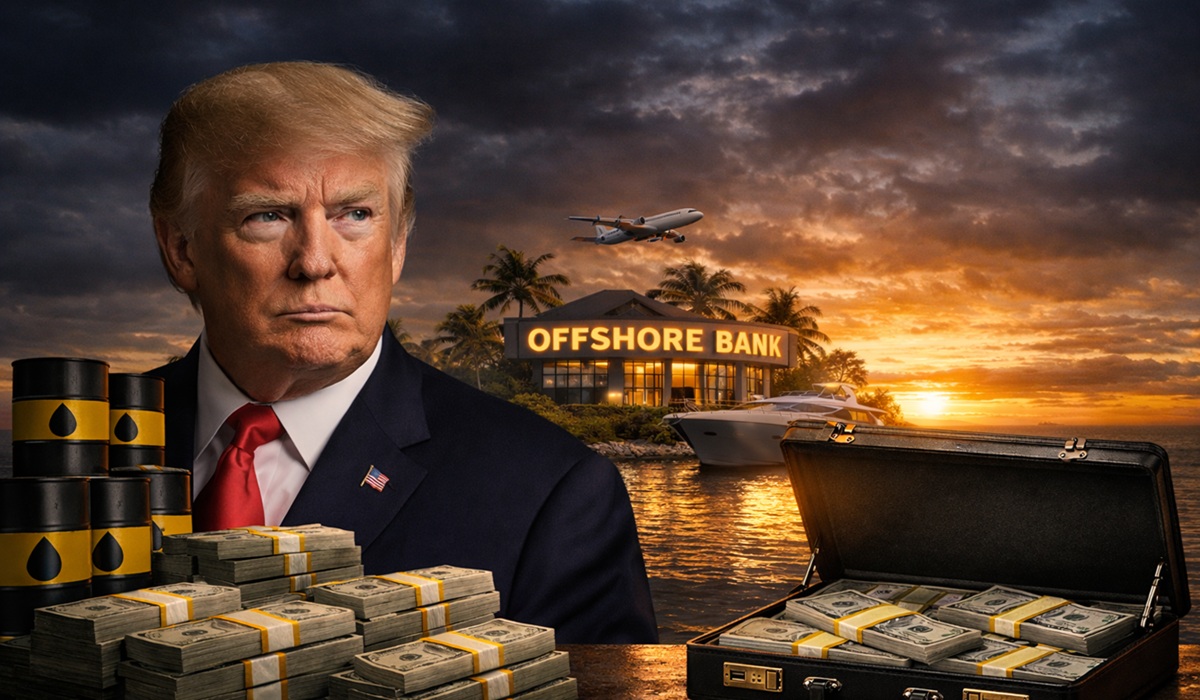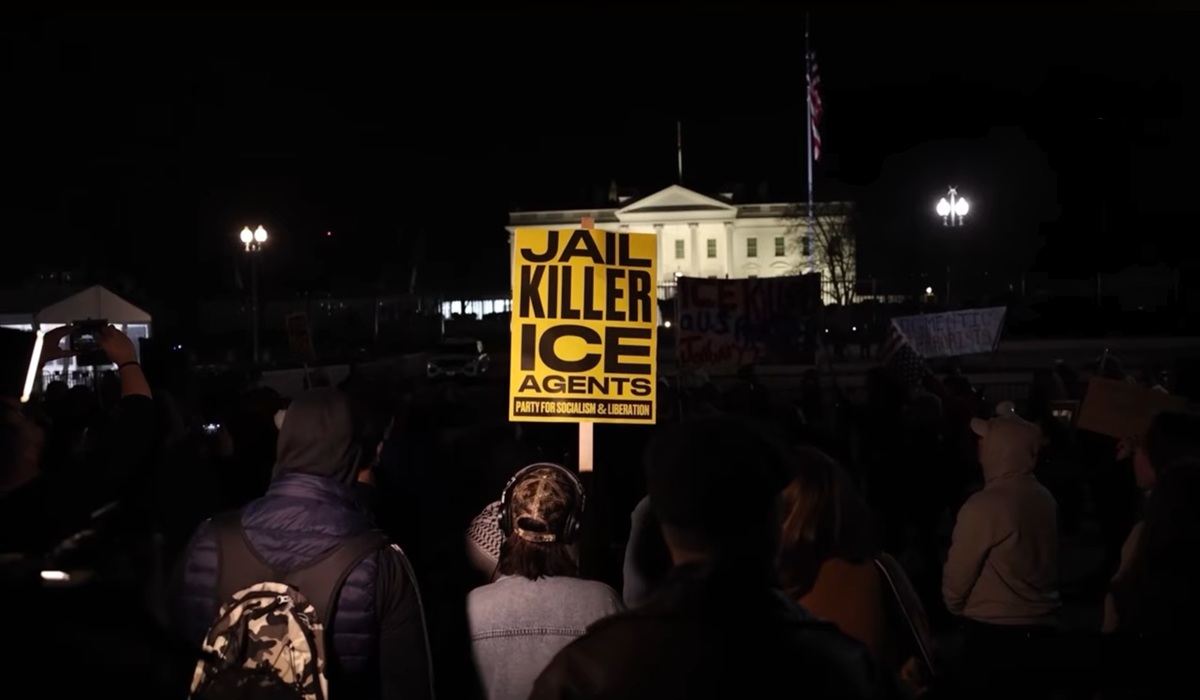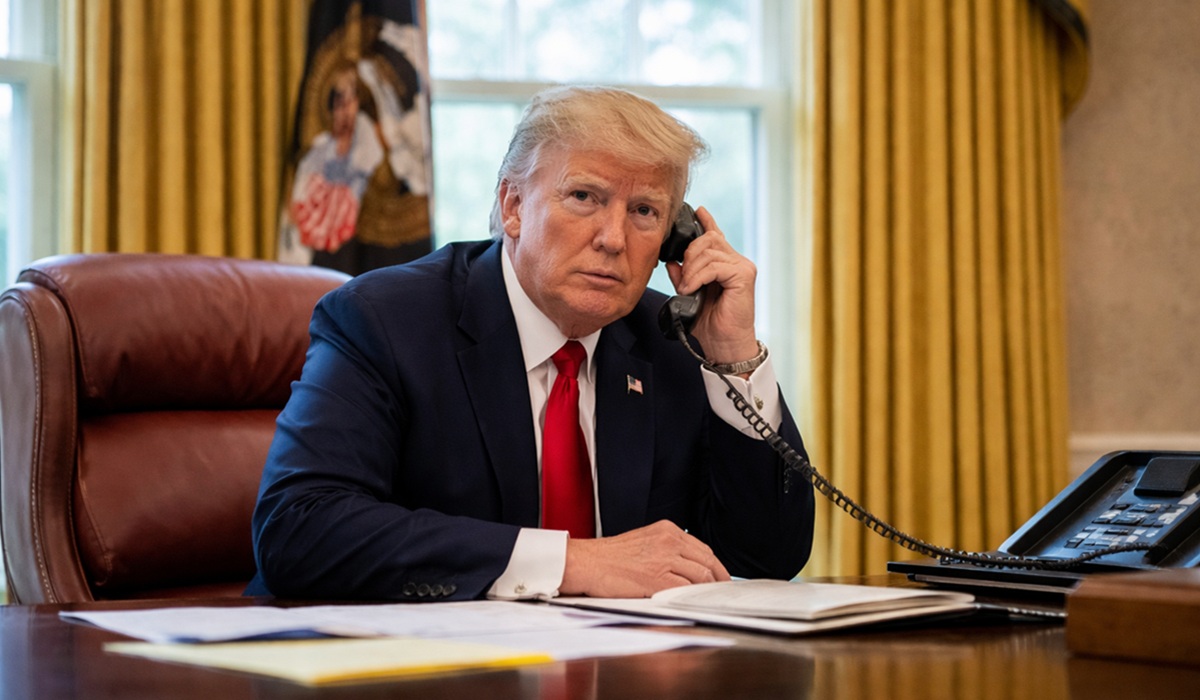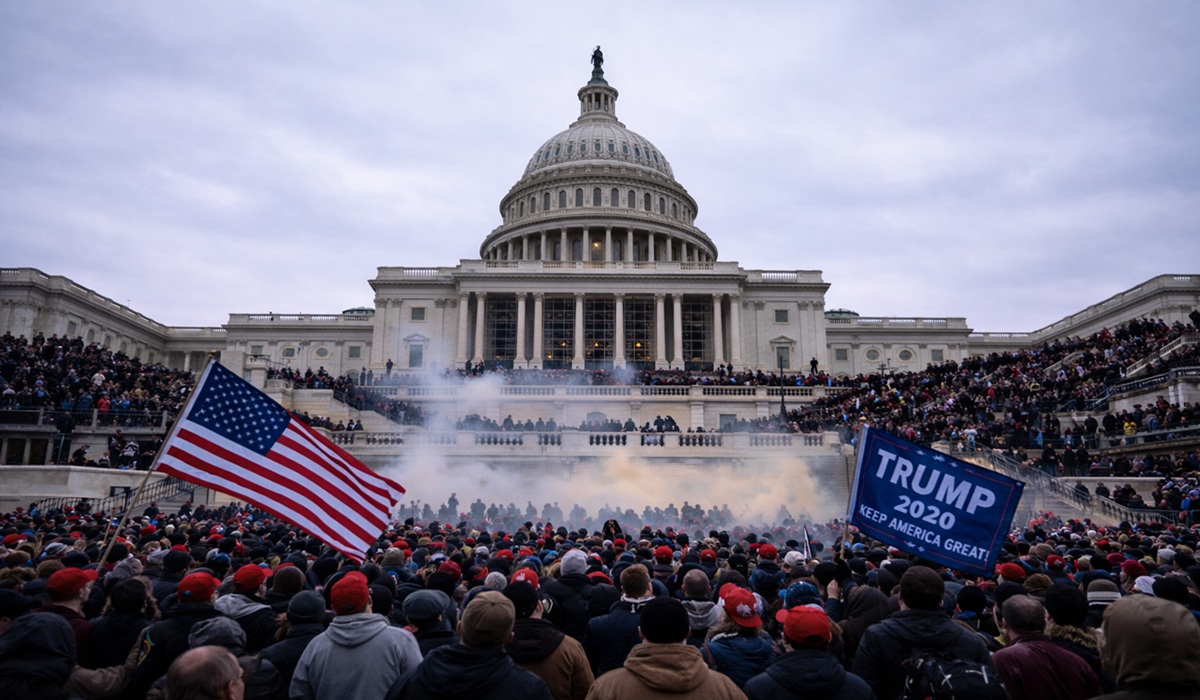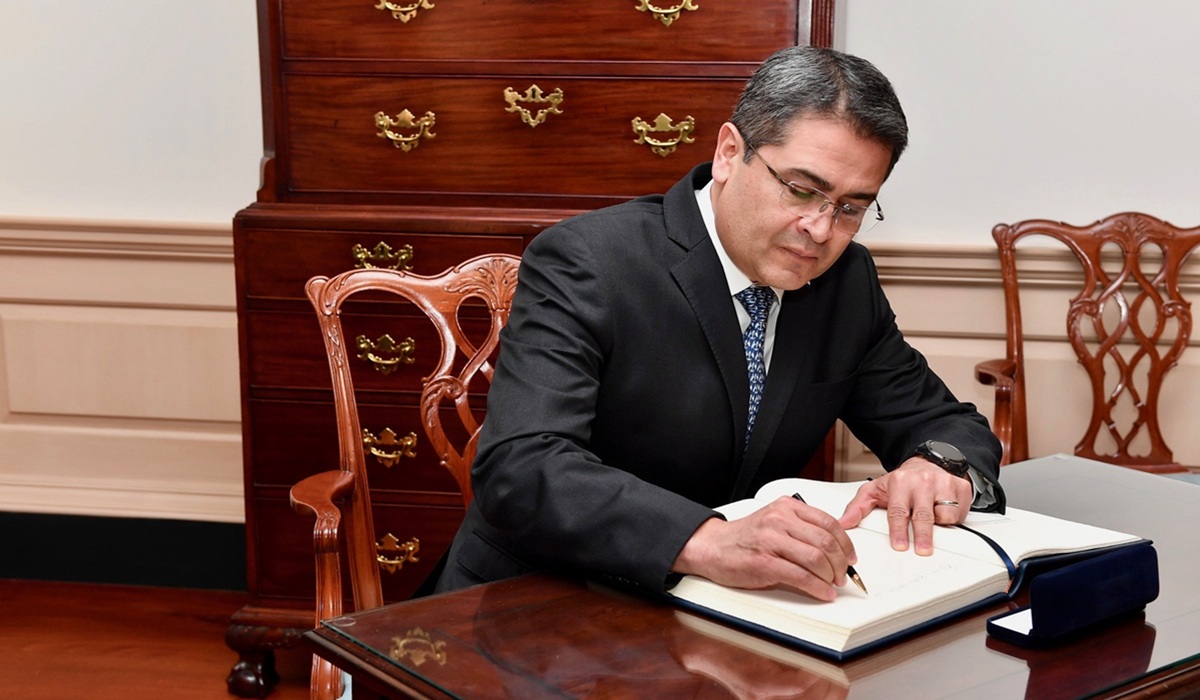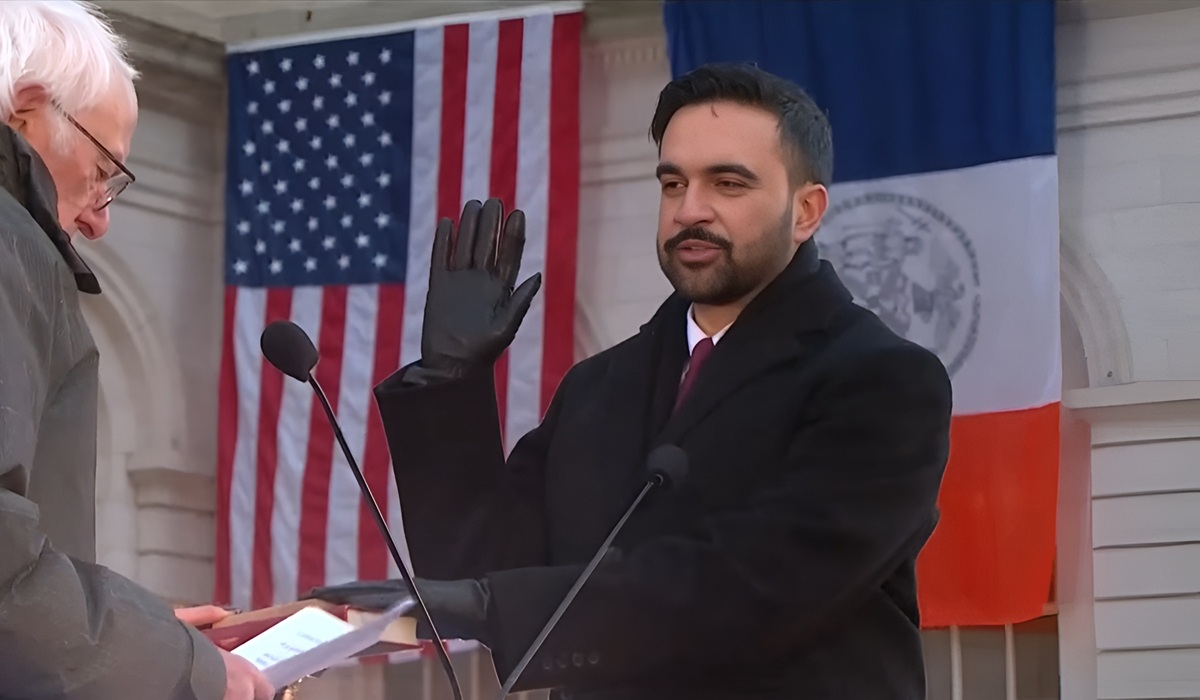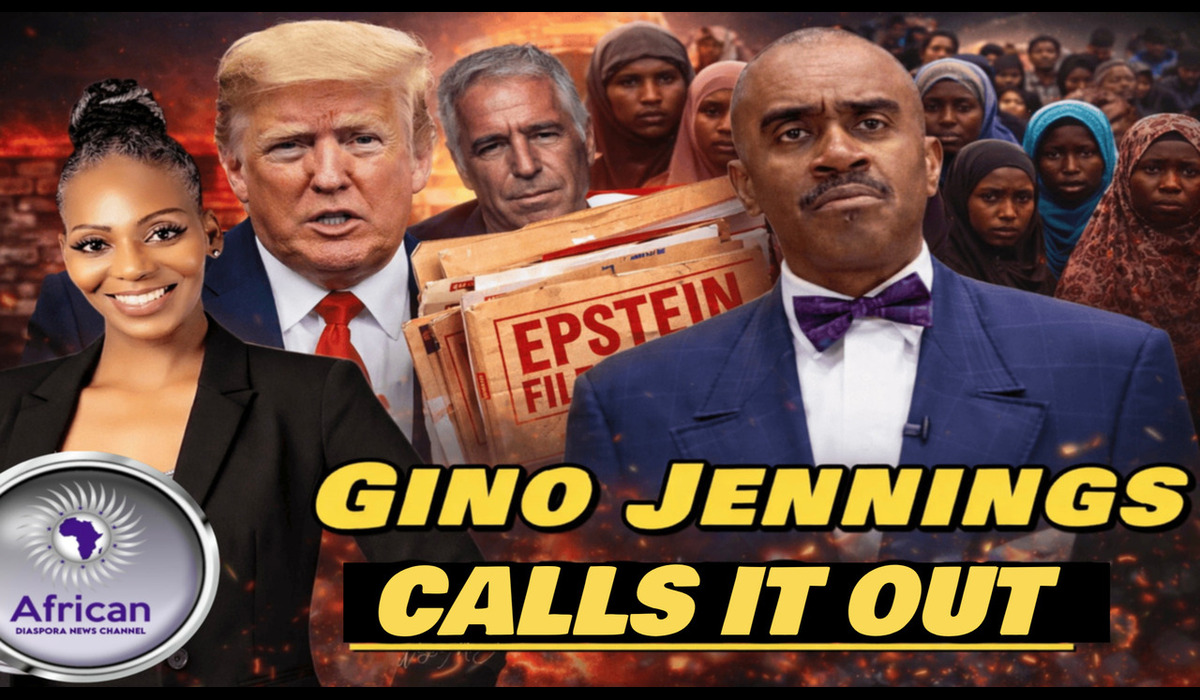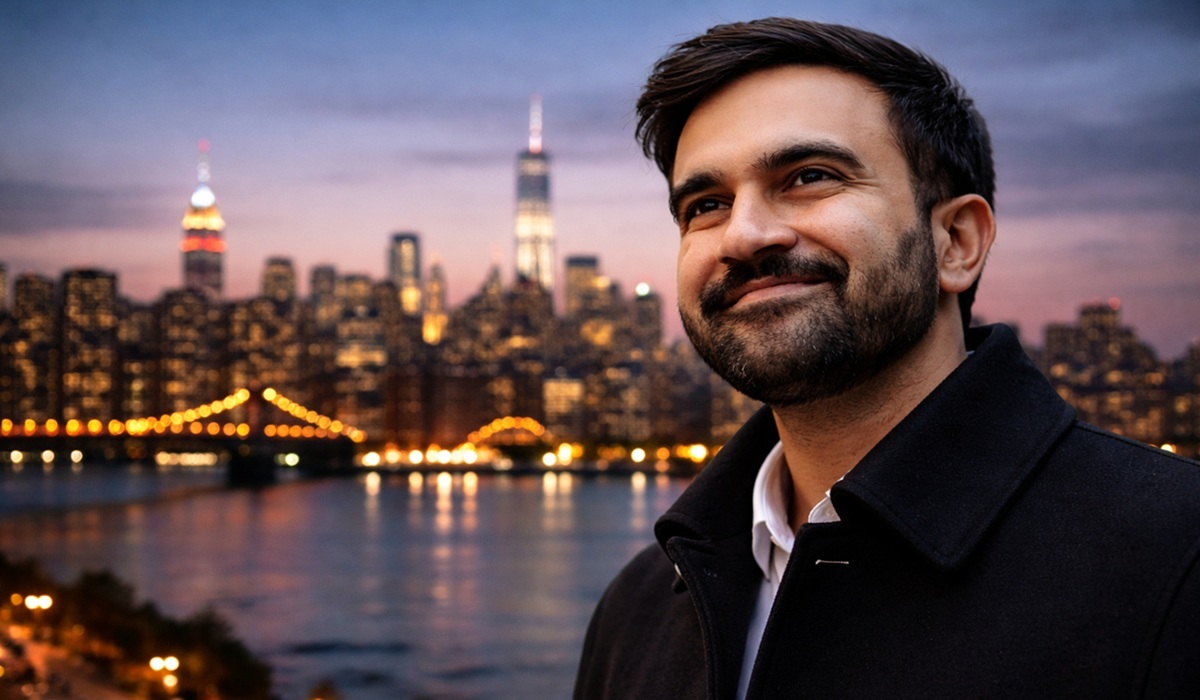By: Donovan Martin Sr, Editor in Chief
Image Credit: Wal_172619
We hear the word every day: Antifa. On the news, in campaign speeches, in tweets, in fiery debates across dinner tables and internet forums. It has become one of those triggers in the American lexicon that sparks instant reaction—usually fear, anger, or confusion. But what exactly is Antifa? Who are they, and why have they been turned into public enemy number one by both the U.S. government and the right-wing media machine? To even attempt to answer those questions requires peeling back layers of history, ideology, propaganda, and raw fear.
The term itself is simple: Antifa stands for anti-fascism. That’s it. Nothing more complicated than opposing fascism. And yet in America, the word has been weaponized to such a degree that it now carries a weight closer to “terrorist” than “anti-authoritarian.” The irony is striking: America spent decades waging wars against fascist regimes, from Mussolini’s Italy to Hitler’s Germany. Thousands of Americans gave their lives fighting fascism in World War II, and the country built much of its 20th century moral identity around defeating totalitarian movements. So why, when people in 21st century America declare themselves anti-fascist, are they treated as though they are the threat?
That contradiction leads to uncomfortable questions. If being against fascism is bad, does that mean the American government, at least in some corners, is comfortable with it—or even aligned with it? This is where things get murky. Antifa isn’t an organized political party or a hierarchical movement. It has no central leadership, no official membership list, no headquarters. It’s more of a loose network, a banner under which activists, anarchists, and progressives rally when they see authoritarianism rising. Sometimes that manifests in street protests, sometimes in counter-demonstrations against white supremacists, sometimes in online activism. But because it lacks formal structure, it’s easy to project anything onto it—chaos, violence, lawlessness—depending on who’s telling the story.
The right wing, in particular, has seized that vacuum and filled it with its own narrative. To conservative pundits and politicians, Antifa is a shadowy, violent mob bent on destroying America from within. They paint it as a domestic terrorist threat, even though the FBI and other agencies have admitted there’s no singular Antifa organization to infiltrate or dismantle. Yet this framing works beautifully for political theater. By labeling Antifa as the enemy, the right can rally a base that craves order, law enforcement dominance, and a clear adversary. In times of social unrest, people are eager to believe there’s a boogeyman pulling the strings, and Antifa fits the role perfectly because it’s everywhere and nowhere at once.
But here’s the sinister brilliance: the weaponization of Antifa has not only vilified the left but also played into racial stereotypes. Many in the uneducated or less-informed public hear “Antifa” and assume it’s a radical movement led primarily by African Americans or other minorities. This misperception feeds old prejudices, allowing the right wing to fuse two fears—fear of Black activism and fear of political radicalism—into one potent package. The result? A public primed to accept aggressive policing, surveillance, and crackdowns, all justified in the name of fighting Antifa.
Law enforcement, willingly or otherwise, becomes the enforcer of this narrative. Federal agencies and local police departments, under political pressure, treat protests and dissent as breeding grounds for Antifa insurgency. Arrests, raids, and heavy-handed tactics are carried out, often disproportionately against leftist groups, while right-wing militias and extremist factions slip by with less scrutiny. In effect, the government does the dirty work of silencing and intimidating those who dare to resist authoritarianism, all while claiming to protect democracy.
And this is where the paradox circles back to its unsettling core: if being anti-fascist is criminalized, what does that say about the system doing the criminalizing? When politicians equate anti-fascism with terrorism, they blur the moral line so thoroughly that the average citizen no longer questions it. They just absorb the fear. They repeat the talking points. They rally around “law and order.” And in that rallying cry, fascism itself finds room to grow—not by declaring itself openly, but by convincing people to crush those who resist it.
So why is Antifa such a hot button issue? Because it’s not really about Antifa at all. It’s about control of the narrative. It’s about a ruling class that understands people rarely dig past the headline, rarely question beyond the soundbite. Say the word enough times, show enough fiery images on television, and you don’t need facts—you just need fear. The uneducated and uninformed hear the word, connect it to violence, connect it to minorities, and then follow the politicians who promise to eradicate it. The cycle feeds itself.
The deeper tragedy is that anti-fascism, at its heart, is one of the simplest moral positions a person can take: refusing to allow authoritarianism, bigotry, and violence to dominate public life. But in America’s fractured landscape, even that basic principle is twisted into a weapon. Antifa isn’t the threat. The real threat is how easily the public can be manipulated into seeing enemies where none exist, and in doing so, ignore the creeping authoritarianism standing right in front of them.
The right wing didn’t create fascism in America, but it has found a way to weaponize the fear of Antifa to its advantage. It has turned law enforcement into a political tool. It has painted anti-fascists as villains and fascists as patriots. And the worst part? Many Americans don’t even realize they’re playing along.
So the next time someone snarls the word “Antifa” like it’s a curse, ask yourself: who benefits from that reaction? Who gains power from your fear? And what does it say about a society when being against fascism is treated as the crime?

